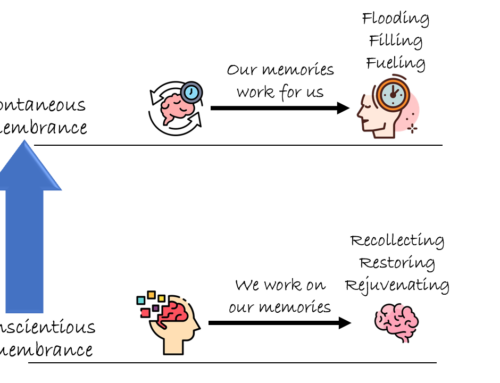On the spiritual path, we often think of desire as a burden that needs to be shed. And yes, many of our desires do impede our spiritual growth. Still, desire itself is not a curse; misdirected desire is.
To see desire affirmatively, we need to revise our vision of the ultimate spiritual reality: it is not a state of desireless peace, but is a state of joyful love. Gita wisdom explains that we all are parts of the all-attractive supreme, Krishna. And we are meant to be with him in his eternal abode, delighting in endless love.
Love is impossible without desire. When we are in love, we desire our object of love — we desire to be with them, we desire to remember their qualities and activities, we desire to share their burdens and join in their adventures. We desire to offer the best things to our beloved. And we desire to become the best for our beloved’s pleasure.
Among various loves, the most enduring and fulfilling is the love of the soul for the Whole. It is for relishing this divine love that we have been given the ability to desire. Though our desires are presently misdirected, we can redirect them toward Krishna by practicing bhakti-yoga. Pertinently, the Bhagavad-gita (12.09) indicates that disciplined bhakti-yoga practice increases our desire for Krishna.
Rather than straining to repress our many misdirected desires, we can strive to cherish and nourish our desires for Krishna, however tiny they may be. When we focus on those auspicious desires, the power of desire fuels our spiritual journey, thereby revealing itself to be a glorious blessing.
One-sentence summary:
Desire is a power given by the divine to enable us to relish love for the divine — focus on redirecting desire, not on repressing desire.
Think it over:
- How is our vision of desire shaped by our vision of the ultimate spiritual reality?
- How is desire essential for love?
- On our spiritual journey, how can we tap the power of desire?
***
12.09: My dear Arjuna, O winner of wealth, if you cannot fix your mind upon Me without deviation, then follow the regulative principles of bhakti-yoga. In this way develop a desire to attain Me.
To know more about this verse, please click on the image
Explanation of article:
Podcast:



Leave A Comment